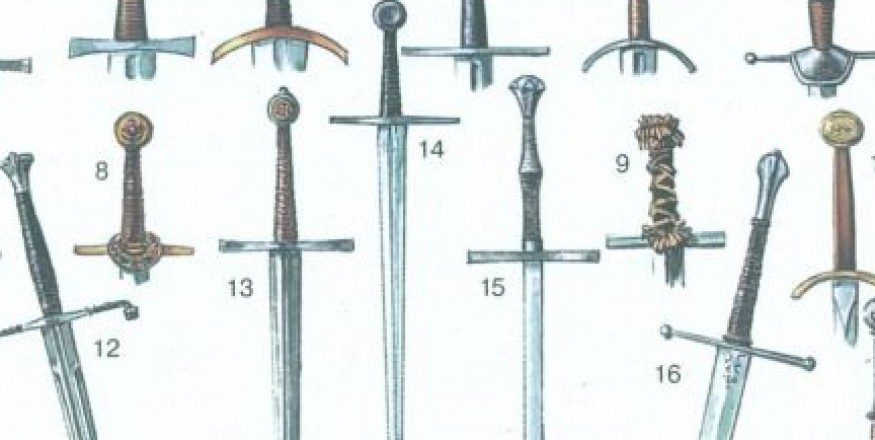It was here the rider dismounted, fully intent on entering the doorway flanked by two guards. He treated them like the rest, without a care, pretending they weren’t there until they physically stood in his way.
“State your business,” demanded one guard. But the rider was slow in assent, so it seemed. He lifted his hood-covered eyes and gave the guards a good up and down gaze. Their own gaze lingered to the swords strapped to his saddle.
“I have business,” he finally stated.
“Well, what is it?”
“It is with the governor.”
“Is he expecting you?”
“That all depends,” said the rider, his monotone starting to creep its way into the guards and manifest as their impatience.
“Depends on what?” enjoined the other guard. “Either he expects you or he does not.”
The mysterious rider sighed and began digging through his pockets. He dug some more, and some more, then dug some more, reaching in and out of pockets along his pants and shirt. Eventually, his expression signaled he had found something, inspiring in the guards a sense of hope for an end to this awkwardness. Out from his back pocket came a copper coin; he tossed it aside. Apparently, the man did not find what he was looking for.
“What do you search for, daft man!” the guard decried.
The rider bent over, oblivious to the guard’s words. A small cylindrical object descended from his hood and fell into his hands.
“There it is,” the rider reveled. He held it plainly for both sentries to see: an ornate medallion. On its surface were inscribed angelic wings. And the guards’ initial reactions were that of confusion; but after a bit of thought, their bursting eyes gave away their knowledge of the medallion’s importance.
“Can I pass now?” the stranger beckoned.
“Sure.” Yet as one guard assented, the other pulled him aside, maintaining their presence before the doors. Proceeding to whisper in his ear, “How do we know it’s real?”
“I can hear you,” said the stranger.
“Well we need to confirm that the medallion is the real thing,” the suspicious guard replied.
“Oh. Sure,” the stranger agreed, much to their surprise. “There’s a method I use, full proof in the eyes of my recent clients.”
“Grand. Let us see it.”
With that, the rider revealed and lifted his left arm from beneath his cloak, letting them lay eyes upon it for the first time. It was a metallic limb, very much resembling the real thing. As he lifted his metal hand, the guards looked upward with anticipation. The fist came down, pummeling the guard into the ground. As he lay there, dazed, the stranger appeared ready for a second knockout.
“Go right in,” said the sweating guard, stepping aside.
“Watch my horse, yes?” and he walked on through the blue stainless doors.
On the other side of the doors, he found a spacious hallway decorated by portraits and the one vase over a walnut furnishing. Then several side doors leading to random rooms the investigating man cared not to investigate. Over his left peripheral was the image of a plump stoic man absorbed in wool below his fur scarf, dignified as if posing for a painting, sensible since this was a painting. Not sensible in that the painter captured the subject staring directly at him. This staring fellow irked him the more he deconstructed the piece. “Takes another kind of arrogance,” he said. Then he thought of the painter; whoever it was, he--she would have had to make an effort to capture those whites and their pupils staring directly at them either by consent or demand. Demand would imply this painter was committing a crime unto themselves and the artistic endeavor, therefore there was no small amount of indifference behind the portrait. However, if this was indeed the artist’s preference, then there belies any manner of queer psychological processes mediating the aesthetic. “What am I even doing?”
ns 15.158.61.40da2





















